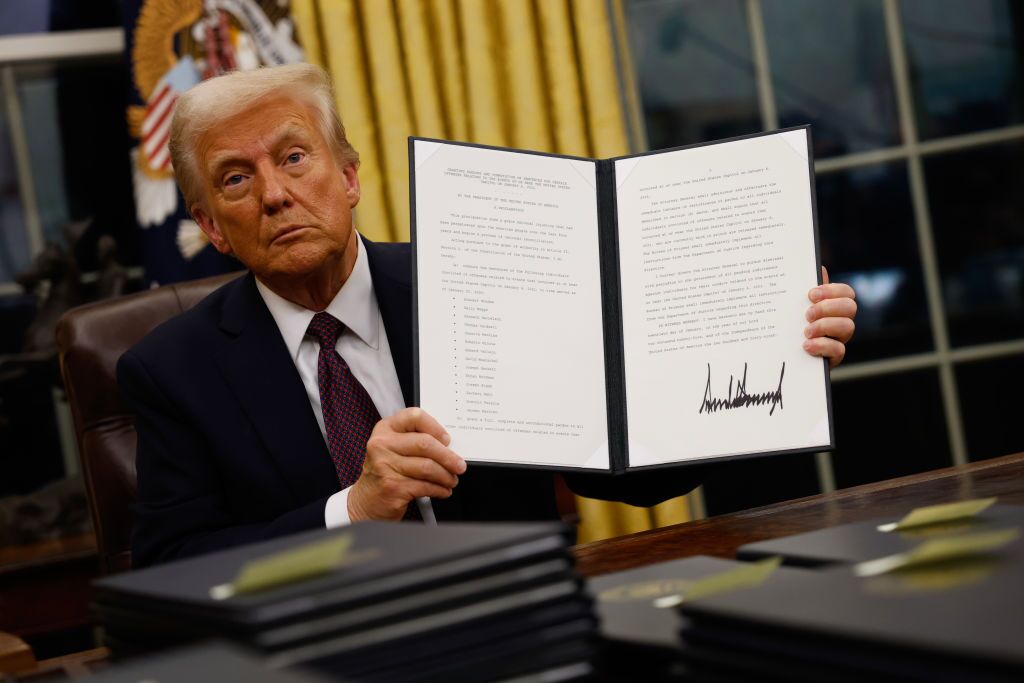In the new year of 2020, with the rapid spread of COVID-19, China was shrouded in the shadow of the epidemi. During the pandemic, the only thing China has cared about is how to jointly fight against the novel situation. In the race against time to control the pandemic, economic activities have had to sacrifice and compromise. In this article, I’ll be listing the impact of Covid-19 on tourism, businesses, and sharing resolutions that have been or could be provided by the government to reduce the negative impact.
The prevention and control of COVID-19 requires people to avoid large-scale movement. The government required quarantine among civilians and instituted lockdowns in severely affected cities. High-speed trains and flights to and from Wuhan have been suspended. The number of business tourists coming to China has been reduced, which directly impacts investment and exports. As the World Health Organization declared COVID-19 a worldwide pandemic, international trade, and tourism experienced a significant impact. Statistics of the tourism industry since October 2019 show that it has lost about 3 million US dollars each day, which is estimated to be an average daily loss of 18 billion yuan. The tourism industry across the country was drained since the National Tourism Administration and online travel companies suspended all tourism-related activities. Based on the number of tourists throughout China during the previous Spring Festival, it is estimated that the tourism industry lost 1.7 trillion yuan due to the epidemic. The growth rates of domestic tourist arrivals and tourism revenues have declined by 56 percent and 69 percent [1].
The sudden drop in travel frequency has been accompanied by a decline in spending on service. This leads to the macroeconomic impact of the epidemic. Consumption, investment, and export are the three main factors affecting the economy. Among them, consumer demand and investment demand are being affected the most. Simultaneously, it also means that the whole society has hit the “pause button.” Small businesses in various provinces have been significantly impacted. More than 90 percent of small companies have delayed the start of their business. Nearly 50 percent of them have delayed the start of business by more than two weeks, and a large proportion of them have not set a timetable for the start of business. 80% of small businesses’ performance has deteriorated in comparison to normal conditions, mainly due to export control, reduced demand from customers, and inadequate supply of materials. Due to the lack of cash flow and concerns about employee infection, export controls remain the most significant cause of potential business difficulties during the pandemic. Small businesses have to rely on their own money, and they can hardly sustain operations for more than three months [2]. The construction of manufacturing, real estate, and infrastructure basically stopped in the short term. Many workers face the chance of losing their jobs. In the first two months of 2020, the urban unemployment rate was 6.2% [3].
Although market sales have decreased, online industries such as the Internet have flourished. Digital transformation has become a research and development topic of many enterprises. Under Code and big data and Internet businesses, such as the artificial intelligence digital industry, show excellent power. Digital information and the digital economy accelerated under the pandemic. It promotes the growth of new functions, which is another way of thinking of economics. New industries, new forms of business, and new models continue to emerge into the market, bringing recent economic changes. The rise of a personal sector on social media such as TikTok shows this advantage. The first half of 2020 in high-tech manufacturing had a 4.5% growth. Electronic business service has a growth above 30% [3]. For example, a popular online multiplayer game called King of Glory had an average of 120 to 150 million active users during the Spring Festival while COVID-19 was happening. This means, in China, one out of every 10 people is playing this game. With players investing money in the game, a report shows that 2 billion daily earnings were made during the holiday.
Here are some suggestions I believe would benefit the economy. Firstly, the government could increase the direct support of small businesses, including tax cuts and exemptions, direct subsidies, and interest discounts on loans. Secondly, severe restrictions put in each province could be pulled off once coronavirus cases are lowered since export control is one of the most significant factors affecting small businesses. With the loosening of export controls, tourism in Wuhan and other severely affected places can gradually rise, corresponding with their tourism economy. The central government has allocated interest-discount funds to help lower corporate financing costs. Based on the preferential interest rate credit provided by financial institutions, major finance will offer discount interest at 50% of the actual loan interest rate obtained by enterprises. Reduce social security investment, refund unemployment insurance to stabilized workers, provide subsidies to help stabilize workers, cut or exempt taxes and fees, reduce rents for enterprises, and increase financial support for technological upgrading, etc. [2].
[1] AnZhiRuoSu, Study on the impact of COVID-19 on the economic development of China’s tourism industry and its countermeasures. Zhihu, 2020
[2] Economic Daily News Client, How much impact does the epidemic have on small and micro businesses? Have you got all these national policies?. Zhihu, 2020
[3] Yunzhou, A brief talk about the impact of the epidemic on China’s economy. Zhihu, 2020











